Africa has the highest number of women entrepreneurs but they face more hurdles on the way to business success than their male counterparts.
Maty Ndiaye a Senegalese businesswoman founded Kaya, a shop in Dakar selling clothes, toys and products for children.
But the business stalled when she needed funding to grow and Ndiaye was forced to shut down her store due to lack of capital.
Like many entrepreneurs on the continent, access to resources and opportunities are limited, and even more so for women.
“I wanted to borrow 5 million with a micro financing body and they asked me to bring the 5 million, to put it in an account as a guarantee and afterwards they would lend me 5 million. I found that outrageous. So, it’s really hard when we want to develop our business and we need money to inject in the business, it’s really hard to get access to that type of financing,” she said.
However, a new networking initiative founded by French businesswoman, Aude De Thui is determined to change that.
Women In Africa (WIA) is an organisation that aims to support and fund businesses led or managed by African women.
The group recently held its first regional Summit in Dakar, bringing together over 180 women entrepreneurs from 15 different countries.
WIA recently held a Women’s Forum in Senegal, with specific focus on the challenges and solutions faced by African female entrepreneurs like Ndiaye.
“Women suffer today because they don’t get enough support, enough guardiancies and they don’t have access to financing. And women forums are often about well-being or personal themes. I participate in economic summits because I want to put women back in the economy and give them a voice because they inspire trust and also because the world needs to focus on Africa,” De Thuy said.
Speakers and experts were also on hand to give master classes and share their business experiences, as well as putting women in touch with investors and helping them pitch their ideas.
“By participating in this forum, it has allowed me to believe in myself more but in particular to believe in the woman that I can become, like these women leaders that I have met and with whom I took a lot of pleasure talking to and exchanging with,” said 17-year-old Fatou Khouleh Wade, who dreams of being a railroad engineer.
Ndiaye says the forum helped her find at least five new clients. More importantly she found out about funding sources she was unaware of before the forum.
She said she hopes to invest new money and inject new energy into her business so that she can re-open the shop and grow.
Source: Michael Ike Dibie with Reuters

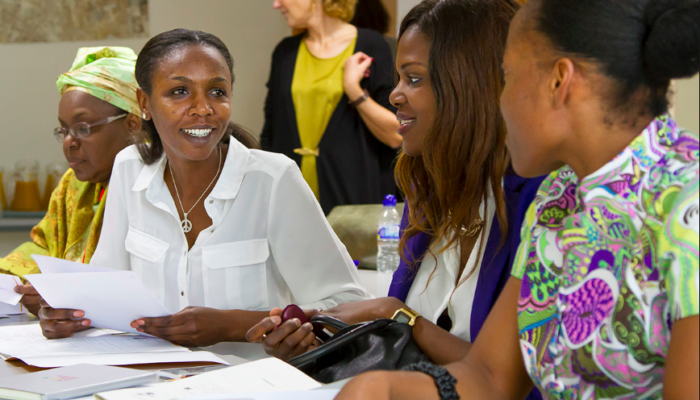


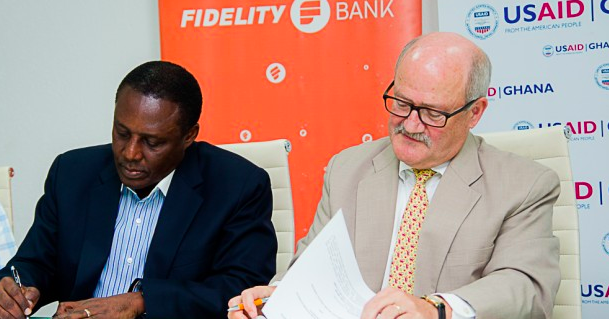
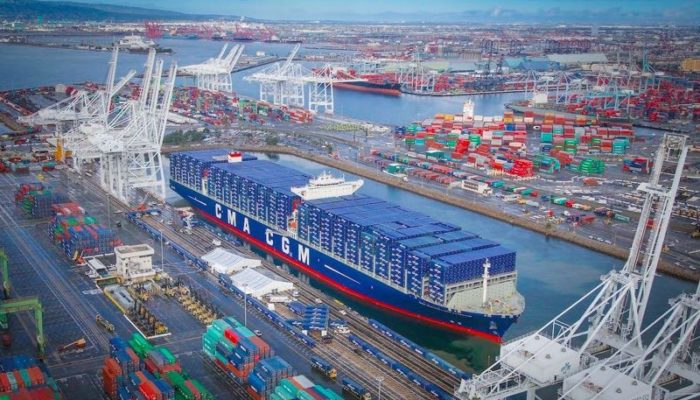
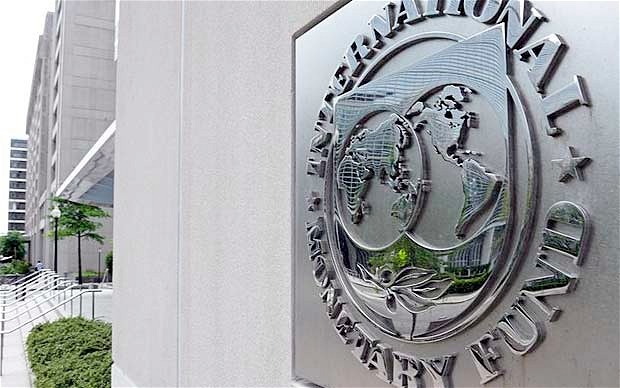

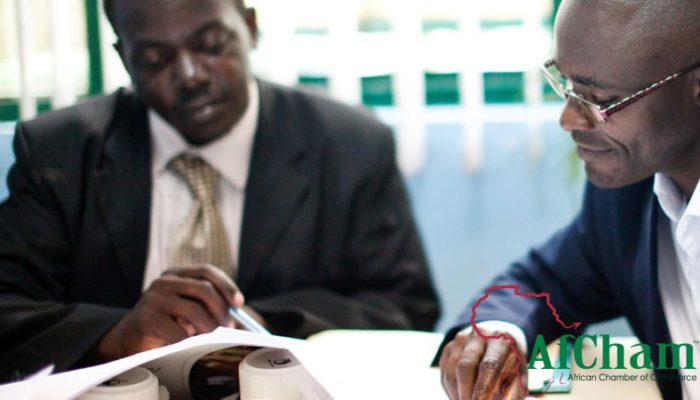
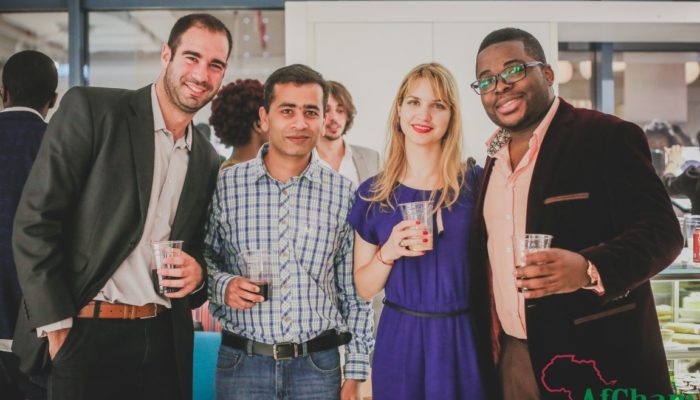
 [FinalTilesGallery id=’1′]
[FinalTilesGallery id=’1′]